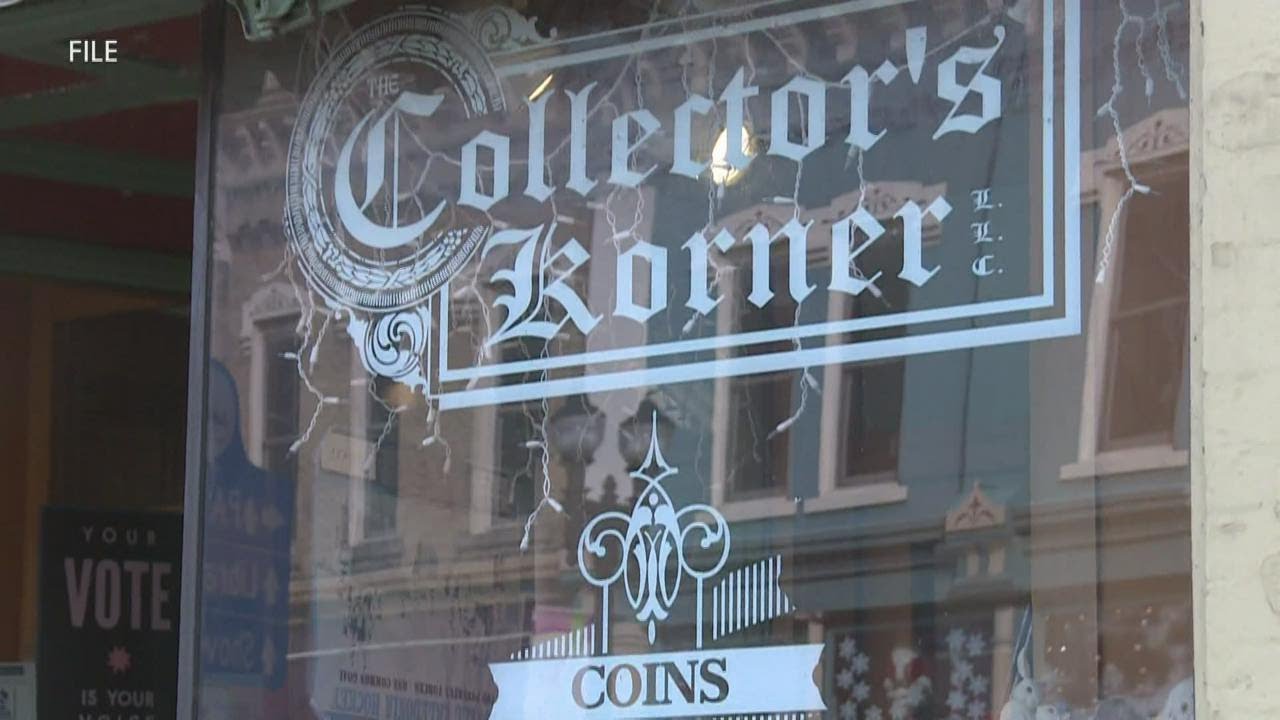Is it possible to be incarcerated?
In Rhode Island, writing bad checks can indeed lead to incarceration. The state takes this offense seriously as it can have significant financial implications for both individuals and businesses. Understanding the consequences and legal framework surrounding bad checks is crucial to avoid finding oneself on the wrong side of the law.
Understanding bad checks in Rhode Island
A bad check refers to a check that is written when the account holder does not have sufficient funds to cover the payment. In Rhode Island, this is considered a criminal offense under the General Laws of the state. Specifically, Rhode Island General Laws §11-18-1 highlights the penalties for issuing a bad check.
Writing a bad check: legal consequences
Writing a bad check in Rhode Island can result in severe legal consequences. The offender may face criminal charges, fines, and even imprisonment. Additionally, the person who received the bad check may also take civil action to recover the owed amount, which can lead to further financial burdens for the writer of the check.
Severity of penalties for bad checks
The severity of penalties for bad checks in Rhode Island depends on several factors, including the amount of the check, the individual’s prior criminal record, and the intent behind writing the bad check. For larger amounts, the penalties tend to be more severe. Repeat offenders may face harsher consequences as well.
Criminal charges for writing bad checks
Writing a bad check in Rhode Island is considered a crime. The offense falls under the category of "obtaining property by false pretenses" and can result in criminal charges. These charges can range from misdemeanors to felonies, depending on the circumstances surrounding the bad check.
Incarceration possibility for bad checks
In Rhode Island, incarceration is a possible consequence for writing bad checks. Those found guilty of this offense may face imprisonment, particularly if the check amount is significant or if they have a history of similar offenses. The duration of the incarceration can vary depending on the specific circumstances of the case.
Factors influencing jail time for bad checks
Several factors influence the potential jail time for writing bad checks in Rhode Island. These factors include the amount of the bad check, the individual’s criminal history, and any aggravating circumstances. Judges consider these factors when determining the appropriate sentence, which may range from a few days to several years.
Legal defenses against bad check charges
If facing charges for writing a bad check in Rhode Island, individuals can present several legal defenses. These defenses may include lack of intent, lack of knowledge of insufficient funds, and the absence of criminal intent. Consulting with an experienced defense attorney can help determine the best defense strategy based on the specific circumstances of the case.
Alternatives to incarceration for bad checks
While incarceration is a possibility for bad check offenses, Rhode Island also offers alternatives to incarceration for first-time offenders or those charged with lesser offenses. These alternatives may include probation, community service, or participation in a restitution program. The court may consider these options as a means of rehabilitation and avoiding the negative impacts of incarceration.
Importance of restitution in bad check cases
Restitution plays a vital role in bad check cases in Rhode Island. Courts often order the offender to repay the victim the full amount of the bad check, along with any additional fees or costs incurred. Fulfilling this restitution requirement is crucial, as failure to do so may result in further legal consequences, including additional fines or imprisonment.
Seeking legal counsel for bad check charges
If facing charges related to bad checks in Rhode Island, seeking legal counsel is essential. An experienced criminal defense attorney can guide individuals through the legal process, explain their rights, and provide the best possible defense. They can help negotiate plea deals or represent their clients in court, working towards minimizing the potential consequences associated with bad check offenses.
Learn from mistakes: avoiding bad checks
To avoid the legal and financial repercussions of writing bad checks, it is essential to practice responsible financial management. Maintaining accurate records of account balances, regularly reviewing bank statements, and not overextending financial obligations are crucial steps. Additionally, communication with banks and creditors can help prevent unintentional overdrafts and ensure that checks are only written when funds are available. Being proactive in addressing any financial challenges can prevent the need for resorting to writing bad checks.





